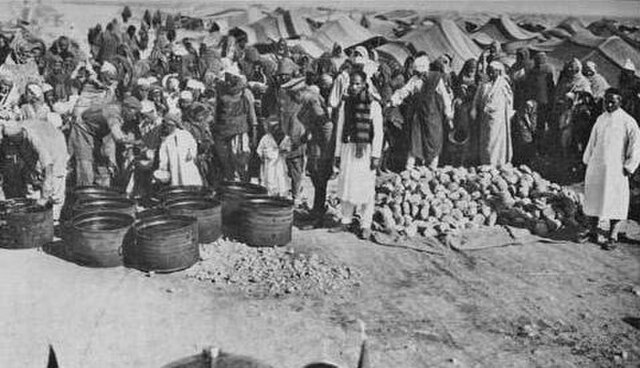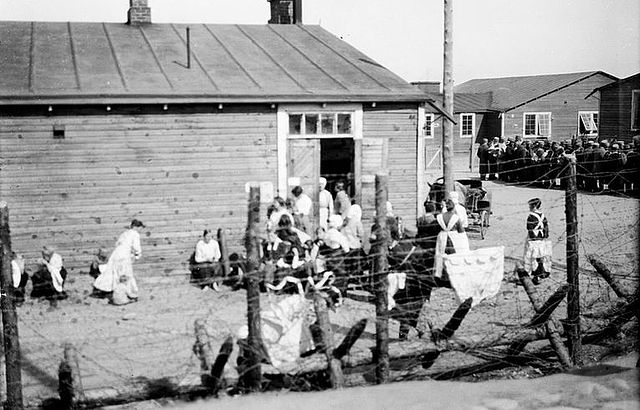Military Units to Aid Production
Military Units to Aid Production or UMAPs were agricultural forced labor camps operated by the Cuban government from November 1965 to July 1968 in the province of Camagüey. The UMAP camps served as a form of forced labor for Cubans who could not serve in the military due to being conscientious objectors, Christians and other religious people, LGBT, or political enemies of Fidel Castro or his communist revolution. The language used in the title can be misleading, as pointed out by historian Abel Sierra Madero, "The hybrid structure of work camps' military units served to camouflage the true objectives of the recruitment effort and to distance the UMAPs from the legacy of forced labor."
Homosexuals and dissidents imprisoned in a Military Unit to Aid Production in 1967.
Internment is the imprisonment of people, commonly in large groups, without charges or intent to file charges. The term is especially used for the confinement "of enemy citizens in wartime or of terrorism suspects". Thus, while it can simply mean imprisonment, it tends to refer to preventive confinement rather than confinement after having been convicted of some crime. Use of these terms is subject to debate and political sensitivities. The word internment is also occasionally used to describe a neutral country's practice of detaining belligerent armed forces and equipment on its territory during times of war, under the Hague Convention of 1907.
Boer women and children in a British concentration camp in South Africa (1899–1902)
Ten thousand inmates were kept in El Agheila, one of the Italian concentration camps in Libya during the Italian colonization of Libya.
Women at the Kalevankangas concentration camp of Tampere in 1918, several months after the Finnish Civil War
Jewish slave laborers at the Buchenwald concentration camp near Weimar photographed after their liberation by the Allies on 16 April 1945





